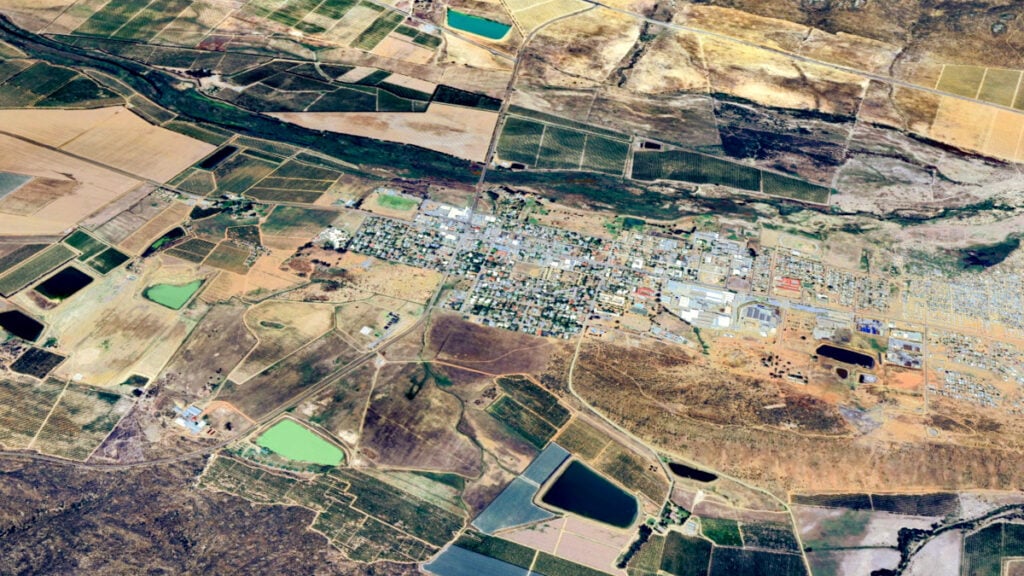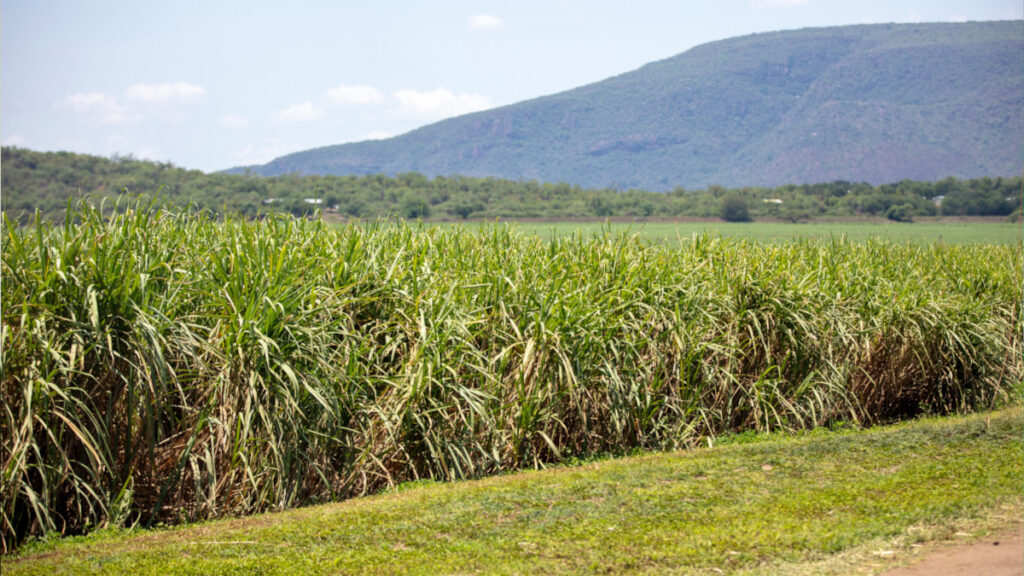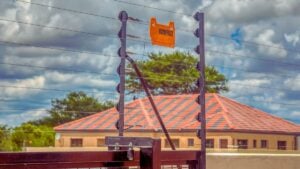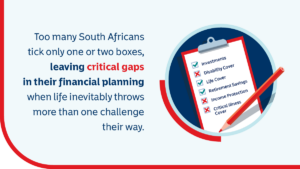The small South African town that could be crushed by the United States

The United States’ announcement that it will impose a 30% tariff on all South African goods from 1 August threatens thousands of jobs and the economic collapse of small towns that depend on exports.
This includes specialist farming towns like Citrusdal in the Western Cape, a small agricultural community wholly dependent on citrus farming.
The town has been producing citrus for export for over 25 years and is home to thousands of workers who supply produce destined for the United States.
However, with a looming 30% tariff on these exports around the corner, the very basis of the town’s existence is now under threat.
South Africa is the world’s second-largest exporter of citrus fruits, behind Spain. The country’s citrus industry is valued at about R35 billion and employs upwards of 35,000 workers.
Approximately R2 billion worth of citrus is exported to the US each year. Speaking to Bloomberg, farm owners from the town expressed uncertainty about their future.
The impending tariffs are forcing them to get their exports out quicker and ahead of schedule in a bid to beat the 1 August deadline.
“Our business is built for the US market, and for about 25 years we’ve planted, we’ve picked, we’ve planned accordingly,” they said.
“We’ve built our supply chains, we’ve built our supermarkets, we’ve built our importing companies on that side, so we’ve been trying to own that market to make sure that we are very, very efficient, and that we can send the maximum fruit into that market.”
“For us, we’ve become dependent on the US market, but the US consumers have also become dependent on our fruit.”
However, Citrusdal is not the only town at risk of being crushed by the coming tariffs.
South Africa is littered with niche and specialist communities that have been built around key products, often specifically equipped for export.
For example, farmers in Madimbo valley, Limpopo, have spent the last two decades building up South Africa’s macadamia nut industry, which is now also at risk of falling to the United States’ tariff war.
As with citrus, South Africa is one of the world’s leading producers of macadamia nuts, and the United States is again one of the country’s biggest export markets.
Farmers in the region have been left scrambling in the wake of the US tariffs to find alternative destinations for their produce, reportedly pinning their hopes on high-population countries like India to pick up the slack.
Even larger towns like Kariega (Uitenhage) have been built up around the automotive sector, which is one of the sectors hardest-hit by the trade war and stacked tariffs.
These, too, are now at risk of deteriorating in the wake of the looming threat.
Double, triple, quadruple blow for farmers
According to representative bodies in the agricultural sector, the tariffs are just the latest on a long list of headwinds that have hit them.
Before the tariff threats kicked off in early 2025, the agricultural sector was already under pressure from South Africa’s perennial logistics crisis, which has impeded transport and freight for years.
South Africa’s daily freight trade exceeds R4 billion a day, with infrastructure issues like deteriorating roads or delays at ports leading to significant losses.
For the agriculture industry, the logistics issues and supply chain delays exacerbate the problems and external pressures it now faces.
Speaking on behalf of sugar cane growers, SA Canegrowers has flagged another crisis that is dealing yet another blow to farmers, even as the 30% tariff approaches.
The group, which represents 24,000 small-scale farmers and 1,200 large-scale growers in the country, said that the sector is under pressure from cheap imports flooding the local market.
Adding to the logistics crisis, the 30% tariffs, and damage done by inclement weather and flooding in growing regions, sugar farmers are now under siege on all fronts.
The group noted that for every ton of imported sugar that enters South Africa, the industry loses R6,000.
In 2023/24, 25,000 tons of sugar arrived from countries outside of the Southern African Customs Union (SACU). By 2024/25, this had increased to 100,000 tons, costing the industry an estimated R600 million.
“South African sugarcane growers cannot compete…particularly as they contend with a range of other pressures including erratic weather patterns, mill closures, the sugar tax and (now) the 30% tariffs that will reduce revenue from the US,” it said.
Canegrowers SA warned that the mounting pressures, including the latest tariff, threaten to displace farmers and put thousands of workers at risk.
Reporting with Bloomberg and Reuters





















